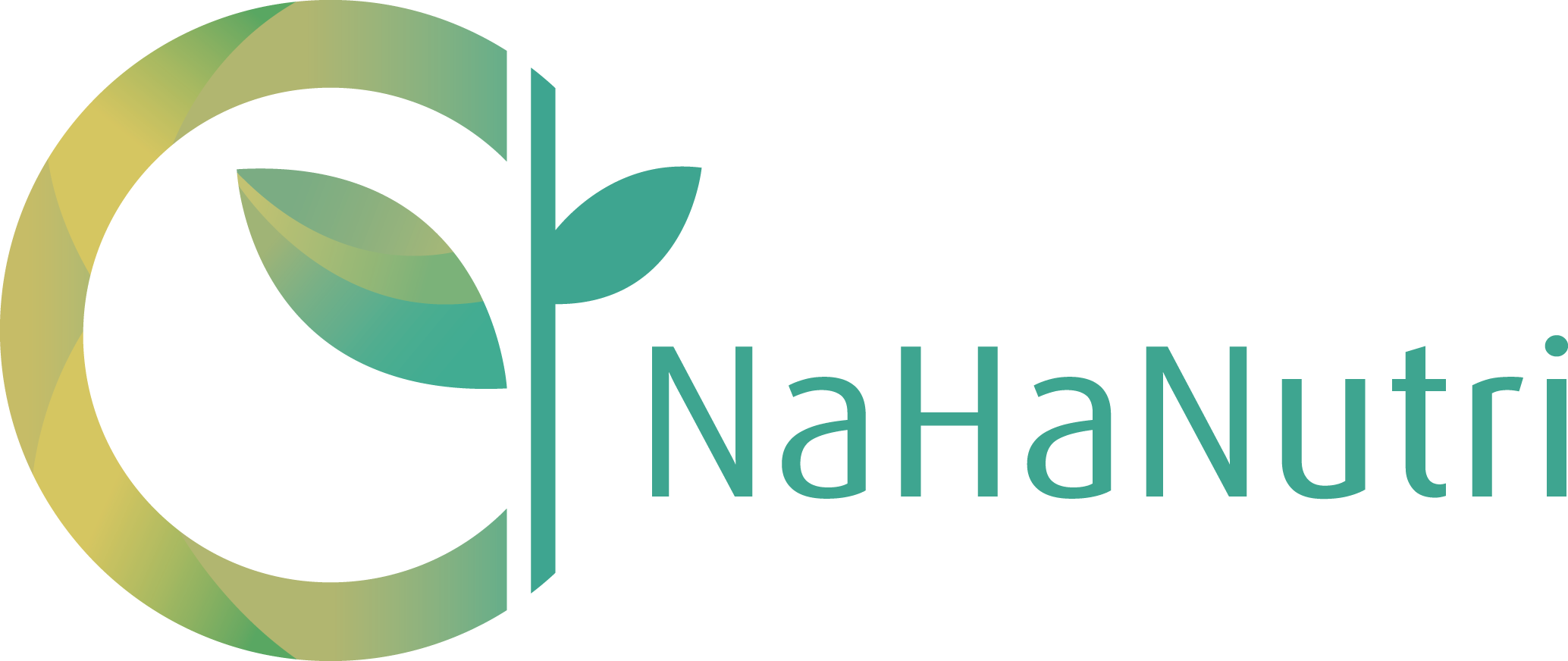Introduction of Inositol:
Inositol Chinese nicknames are: cyclohexanol; cyclohexamethanol; muscle sugar; muscle sugar and so on. From the perspective of Haworth projection, the orientation of these hydroxyl groups relative to the ring plane is different, so it can be divided into various types, such as inositol, epi-inositol and scyllo-inositol, the most common is inositol. Inositol is a member of the B vitamin family and is closely related to choline. Inositol is found in many forms and supports the healthy function of cells.
What Is Inositol?
 Inositol is a type of sugar that influences both the body’s insulin response and several hormones associated with mood and cognition. It’s often referred to as vitamin B8, but it is not actually a vitamin. Inositol also has antioxidant properties that fight the damaging effects of free radicals in the brain, circulatory system, and other body tissues.
Inositol is a type of sugar that influences both the body’s insulin response and several hormones associated with mood and cognition. It’s often referred to as vitamin B8, but it is not actually a vitamin. Inositol also has antioxidant properties that fight the damaging effects of free radicals in the brain, circulatory system, and other body tissues.
Inositol is found naturally in cantaloupe, citrus fruit, and many fiber-rich foods (such as beans, brown rice, corn, sesame seeds, and wheat bran). It is also sold in supplement form and used as a complementary therapy to treat a wide range of medical conditions, including metabolic and mood disorders.
D-chiro-inositol, inositol hexaphosphate (often referred to as “IP6”), and the compound myo-inositol are the most widely used inositol supplements. They are generally considered safe if taken appropriately.
Application of Inositol:
Inositol is widely used in medicine, chemical industry, feed, etc., and can be used as a raw material for advanced cosmetics. It can also be used as a food fortifier, with a similar effect to vitamin B1, and can be used in infant food.
Function of Inositol:
- Inositol can Lower cholesterol;
- Inositol can Promote healthy hair growth and prevent hair loss;
- Inositol can Prevent eczema;
- Inositol can Helps the redistribution (redistribution) of body fat;
- Inositol can Has a sedative effect.
- Inositol and Cholesterol are combined together to make vitellogenin.
- Inositol plays an important role in supplying nutrition to brain cells.
Dosage and Side Effects of Inositol:
The recommended daily intake (RDA) for inositol has not been established. It is added in small amounts to many multivitamin products. The usual recommended dose is 1000-4000 mg per day. However, for mental illnesses such as anxiety, depression and obsessive-compulsive disorder, more than 10 grams per day may be needed. Although inositol is considered safe, high amounts can cause stomach upset, nausea, and hiccups.
XI’AN AOGU BIOTECH CO.,LTD is devoted into the research and innovation in natural nutritional supplements ingredients. Our own factory and lab with the strict quality control system to ensure quality stability and real price of Inositol. At the same time, we have our own source for the raw material to make sure the production ability.

